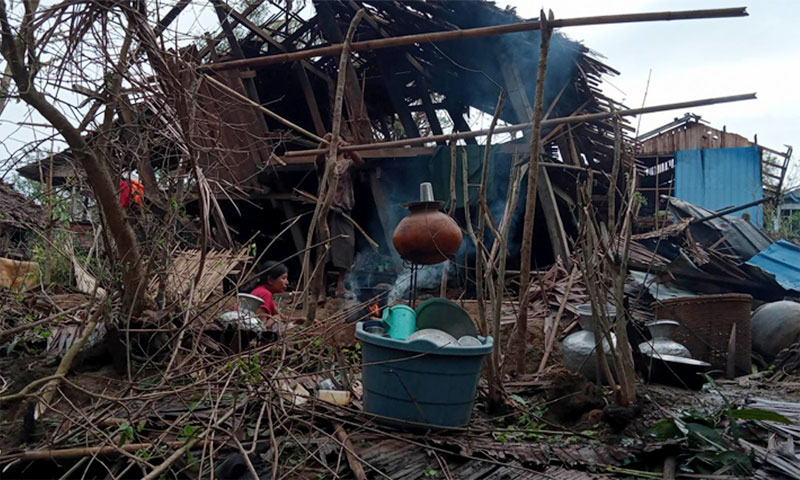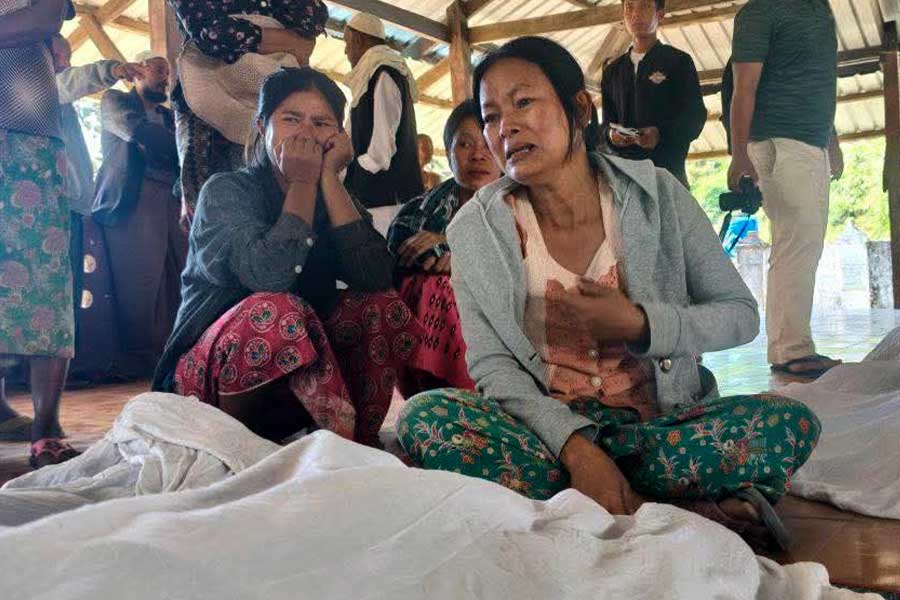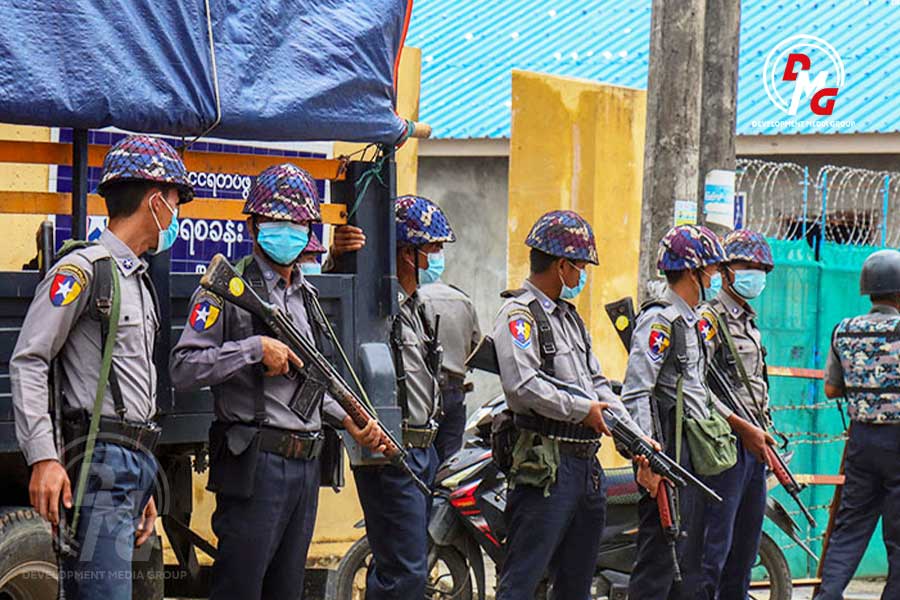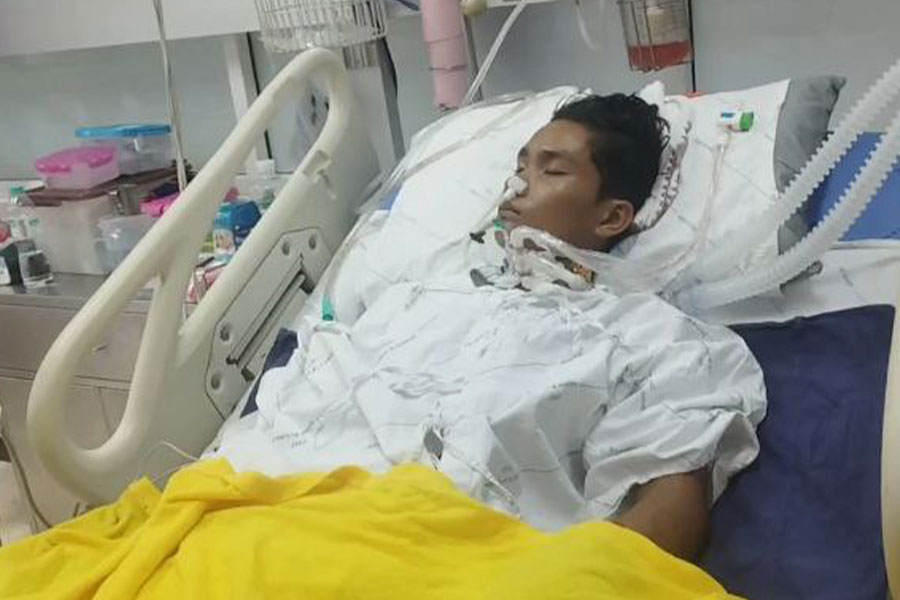- Junta expands naval presence along Arakan coast to regain lost territory
- Nearly 70 civilians and POW family members killed or injured by junta attacks in Arakan State in one month
- Junta accused of extorting money from detained Muslims in Sittwe
- Weekly Highlights from Arakan State (Jan 26 to Feb 1, 2026)
- Arakanese youth stabbed in Mae Sot urgently needs financial aid for medical treatment
Storm victims in Arakan State’s remote areas in need of healthcare
“There were more mosquitoes after the storm made landfall in Arakan State. There is no rural clinic in the village.
30 May 2023

DMG Newsroom
30 May 2023, Sittwe
The storm victims in remote areas of Arakan State are reportedly in need of proper healthcare services, according to locals.
Local residents are suffering from diarrhea and sickness due to the scarcity of clean drinking water and consumption of unsanitary water caused by the storm, and need healthcare services.
There are at least ten people in Pyainetaw Village of Rathedaung Township, who are sick with diarrhea and have to travel three hours by a water route to the town to get medical treatment, residents said.
“There were more mosquitoes after the storm made landfall in Arakan State. There is no rural clinic in the village. Because of the large number mosquitoes, it can be very difficult for pregnant women and children during the rainy season. We need healthcare services,” said Ko Wai Hlyan, a local man from Pyainetaw Village.
The rural people affected by the storm are facing difficulties not only in terms of accommodation but also in terms of healthcare services since many houses, buildings and rural clinics were destroyed by the cyclonic storm.
Many adults and children in Aung Mya Kyaw Village, Ponnagyun Township, are suffering from skin diseases and are being treated by a traditional medical practitioner, the villagers said.
“Children have rashes on their body, so it is not good to apply medicine, so they have to give injections. We are worried, some people have recovered and others have not. We want to ask the authorities to provide us with healthcare services,” said Daw Ma Hla Sein, a resident of Aung Mya Kyaw Village.
The United Nations Office for the Coordination of Humanitarian Affairs (UNOCHA) issued a statement on May 21 saying that there are difficulties in obtaining drinking water in the areas affected by the storm, and there is a high risk of water-borne diseases and infectious diseases.
“With the hot sun and rain, there are too many mosquitoes. Health workers from the Health Department have yet to come to the village to provide healthcare services. I would like to request the health department to visit the villages and provide healthcare services to rural people affected by the storm,” said U Win Maung, a resident of Ngamelpyin Village in Mrauk-U Township.
An official from the Arakan State Health Department said the department has submitted a proposal to the union government to carry out mosquito control activities and to distribute mosquito nets, as of now they are only working on rudimentary healthcare with the remaining medicine.
INGOs and NGOs have submitted to the junta to meet the needs of the people affected by the storm, but since they are not allowed to provide direct assistance, they have to cooperate with the township health department to provide health-related assistance.
Arakanese civil society organizations have requested that international organizations and civil society organizations not be restricted as the people affected by the storm are in great need of assistance.















.jpg)

